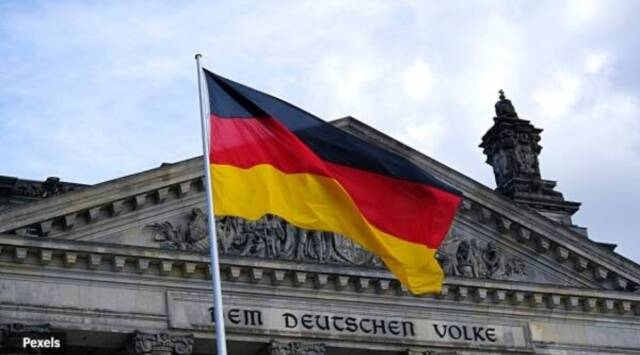Germany Orders Closure of Russian Consulate: A Diplomatic Decision
Introduction:
In a recent development, Germany has taken the decision to order the closure of the Russian Consulate in the city of Bonn. This move has sparked significant interest and speculation in the international community, raising questions about the diplomatic relations between Germany and Russia. In this blog, we will delve into the details surrounding this decision, exploring the reasons behind it, its potential implications, and the broader context of the Germany-Russia relationship.
Background: The Germany-Russia relationship has been complex and multifaceted, marked by both cooperation and tension. The closure of the Russian Consulate in Bonn is the latest event in a series of strained interactions between the two nations. Understanding the historical and geopolitical context is crucial to comprehending the significance of this decision.
Reasons for Closure: The specific reasons behind Germany's decision to order the closure of the Russian Consulate have not been explicitly stated in the provided article. However, it is important to note that such actions are typically taken in response to perceived violations of international law, espionage activities, or actions that undermine national security. Germany's decision is likely a result of careful consideration and evaluation of sensitive information and intelligence.
Diplomatic Fallout: The closure of a consulate is a significant diplomatic move that can strain relations between countries. It is anticipated that Germany's decision will have repercussions on the bilateral relationship between Germany and Russia. The Russian government is likely to respond in kind, potentially ordering the closure of a German consulate or taking other diplomatic measures.
International Implications: The closure of the Russian Consulate in Bonn also carries broader international implications. It comes at a time when tensions between Russia and several Western countries, including Germany, have been on the rise. This decision may influence the stance of other countries toward Russia, potentially leading to a more unified approach in response to perceived violations of international norms.
Legal and Diplomatic Recourse: International law provides avenues for countries to address grievances and disputes. In this case, Germany's decision to close the Russian Consulate likely follows a thorough evaluation of available legal and diplomatic options. It is crucial for both countries to engage in open dialogue, diplomatic negotiations, and adherence to established protocols to address any underlying issues.
Future Prospects: The closure of the Russian Consulate in Bonn raises questions about the future trajectory of the Germany-Russia relationship. Will this decision further strain bilateral ties or open up channels for renewed dialogue and engagement? The response of both countries in the aftermath of this decision will be instrumental in determining the direction of their future interactions.
Conclusion: Germany's decision to order the closure of the Russian Consulate in Bonn is a significant development in the complex relationship between the two nations. While the specific reasons behind this decision are not explicitly mentioned in the provided article, it is clear that diplomatic and security considerations played a crucial role. The closure is likely to have ripple effects on the broader Germany-Russia relationship and could potentially impact international dynamics. The coming weeks and months will provide more clarity on the consequences and future prospects of this decision, as both countries navigate the path forward in their diplomatic engagement.





Comments
Post a Comment